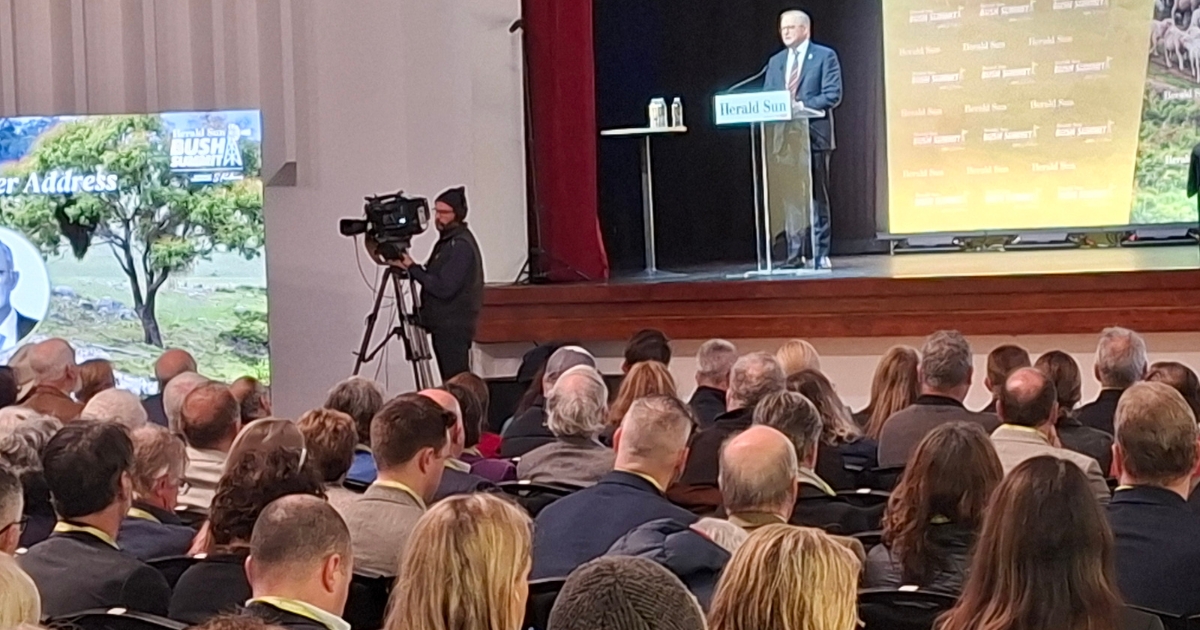Raising voices for childhood stroke
WHEN Dee Banks gave birth to her daughter, Emma, she had no idea she had suffered a stroke in utero.
It wasn’t until she noticed Emma wasn’t developing as fast as other children in her mother’s group that she sought doctor’s advice.
When describing her situation, she was told she was simply overreacting, a paranoid first-time mum.
“I noticed that Emma wasn’t reaching with both hands when she was about five months old, we would take her to mother’s group and the other kids would be playing with their toys or rolling over and achieving their major milestones, but Emma wasn’t,” Ms Banks said.
“I took her to the GP a number of times and I was just made to feel like a paranoid first-time mum and there was no intervention.
Finally being referred to a paediatric physio at the Peter Heinz Centre by her maternal child health nurse, Ms Banks was told to seek a paediatrician immediately.
“Emma had an urgent MRI and was diagnosed with a stroke in utero,” she said. “She had lost a significant part of the left side of her brain when she had her stroke.”
Emma is now almost seven years old and enjoying her childhood, although has some issues with her right limbs.
Her mother’s passion for advocating for childhood stroke has continued however, to make sure other parents don’t have to go through what she did.
Ms Banks formed the Little Stroke Warriors, an initiative taken on board by the Stroke Foundation last year.
The foundation recently announced a new initiative, a Childhood Stroke Lived Experience Advisory Group, comprised of six adults who had strokes as a child, and six parents of young survivors.
“The advisory group is something that was always a really big passionate focus for me,” Ms Banks said.
“I know we all have experts in different fields that assist us in the stroke journey, but with lived experience, there’s really nothing like it. No one can ever study what it’s like to live with strokes.”

Through her advocacy, Ms Banks not only found that she’s not alone in her experience with Emma, but there was a glaring inequality between adults’ treatment for stroke and children’s.
“Children who have a stroke postnatally or in their early childhood would go to emergency departments and often be waiting days or weeks for a stroke diagnosis, and by that stage the damage is done,” she said.
“We want equality in care in the acute clinical setting, and for children to be treated like an adult who’s had a stroke in terms of timely response, access to treatment, care and rehabilitation.
Ms Banks said she is also advocating for the language used by doctors to change.
“We all get given this really grim prognosis for our children and it brings you to your knees, but a lot of the time it’s not true,” she said.
According to the Stroke Foundation, about 600 Australian children have a stroke each year, with approximately one third of all cases occurring in children less than one year old.
Fifty to 85 per cent of stroke survivors will be left with long-term problems including seizures, physical disability, speech or learning difficulties.
The advisory group plans to meet four times a year to inform the Stroke Foundation’s activities and projects, providing valuable insight to improve childhood stroke survivors’ quality of care.



















